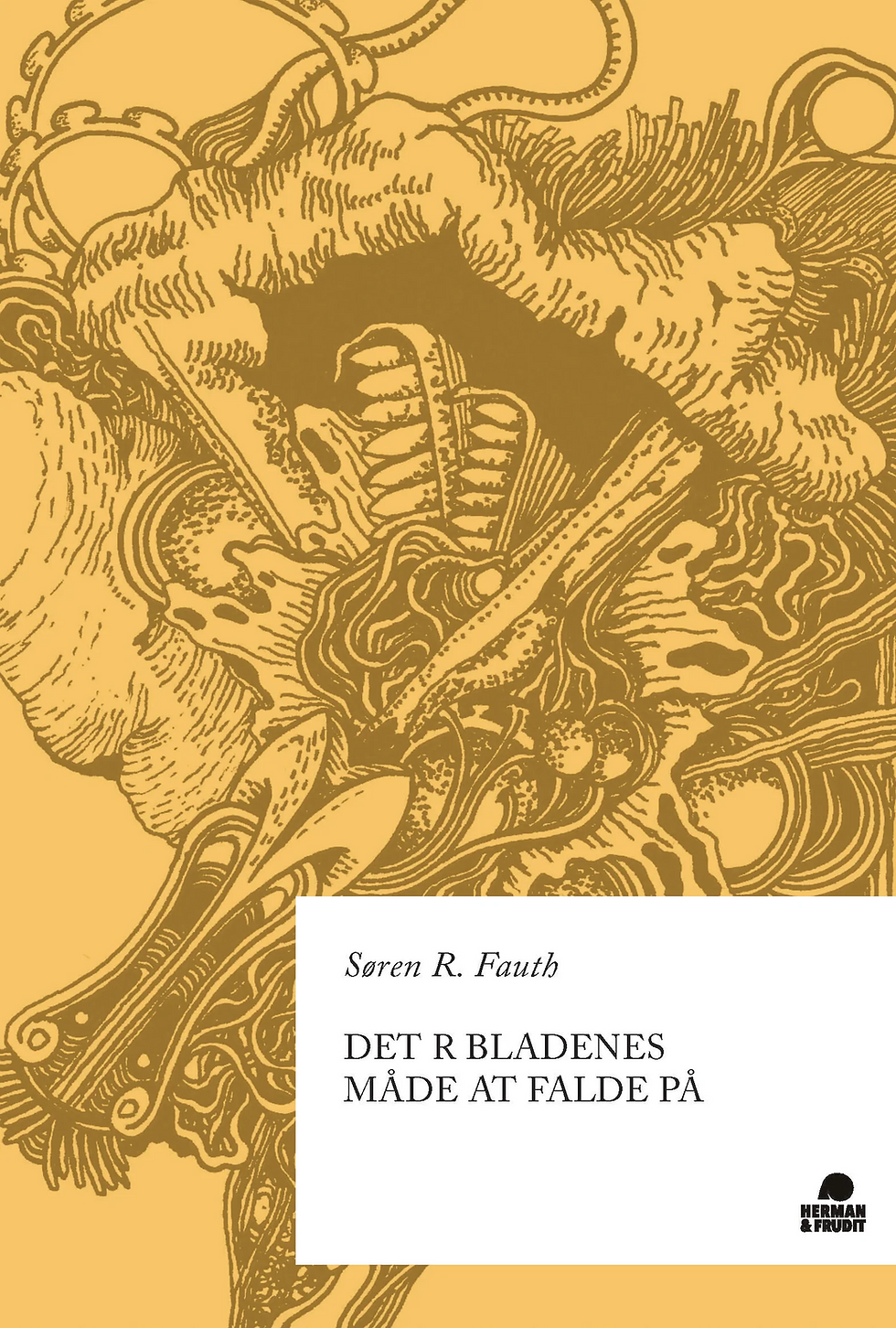Mao Zedong ON PRACTICE (1937)
- Matt Travers
- Feb 19, 2021
- 2 min read
Updated: Oct 5, 2022

A Maoist Theory of Knowledge
Mao Zedong's 'On Practice' can still serve well as a clarification of Marx's 'Theses on Feuerbach' with reference to more contemporary historical sequences as illustrative examples. As in Marx's original, the implicit imperative is to 'get involved', as to do so both furthers knowledge and revolution. How so? What is the Maoist theory of knowledge? I would argue this essay is a blueprint for what might be termed 'activist realism'. The basic logic is that humans learn through practical activity in the world; that is, we learn by doing. Sense perception precedes rational contemplation of causes. So far, so simplistic: so what's new?
Following Lenin's slogan, 'revolutionary practice needs revolutionary theory', what charms is the shared aim of knowledge and power. Yes, we've learned since before time dawned to get to grips with a tensile nature, and subsequently tried to decipher the underlying laws of cause and effect. Too much attention to mere sense perception then you condemn yourself to blinkered empiricist blundering; too much theoretical bias before engagement with the expressive material flux of things, and you only confirm your own imagined superiority. Arguably, what most succeeds in this essay is Mao's ability to simultaneously distinguish and unite the overlapping spheres of practice, the aspect of Marx's 'Theses on Feuerbach' which is most unclear. What is the difference between learning about the world (through, say, science and art) and learning to change the world (through, say, politics and work)? When Marx wrote of 'revolutionary praxis' was he speaking primarily of the work destined to further the revolution, or simply new industrialised work in general? Mao's answer: both.
True, Mao acknowledges how political or scientific practice might seem at a further remove from direct empirical experience, but the process is more-or-less the same: you rely on information drawn from direct experience either way. Naturally, the teleology is still lurking behind the scenes: the goal is to help the proletariat succeed in taking power and communism is the rational truth of social relations waiting to be actualised. But Mao's Marxism transformed with the times; the historical circumstances of imperialism as 'late stage capitalism' require Lenin and Stalin's 'improvements' to the theory. We should recall here Mao's audience: soon to be active young military leaders of the Chinese Communist Party in 1937, long before China will part ways with the Soviet Union over territorial claims. This essay is designed to encourage them by admitting that their early commands will be marred by trial and error, as was Mao's own. Only with time and proper reflection, will successful knowledge emerge. How strange and winding the path of Chinese Communism has proved since.



Comments